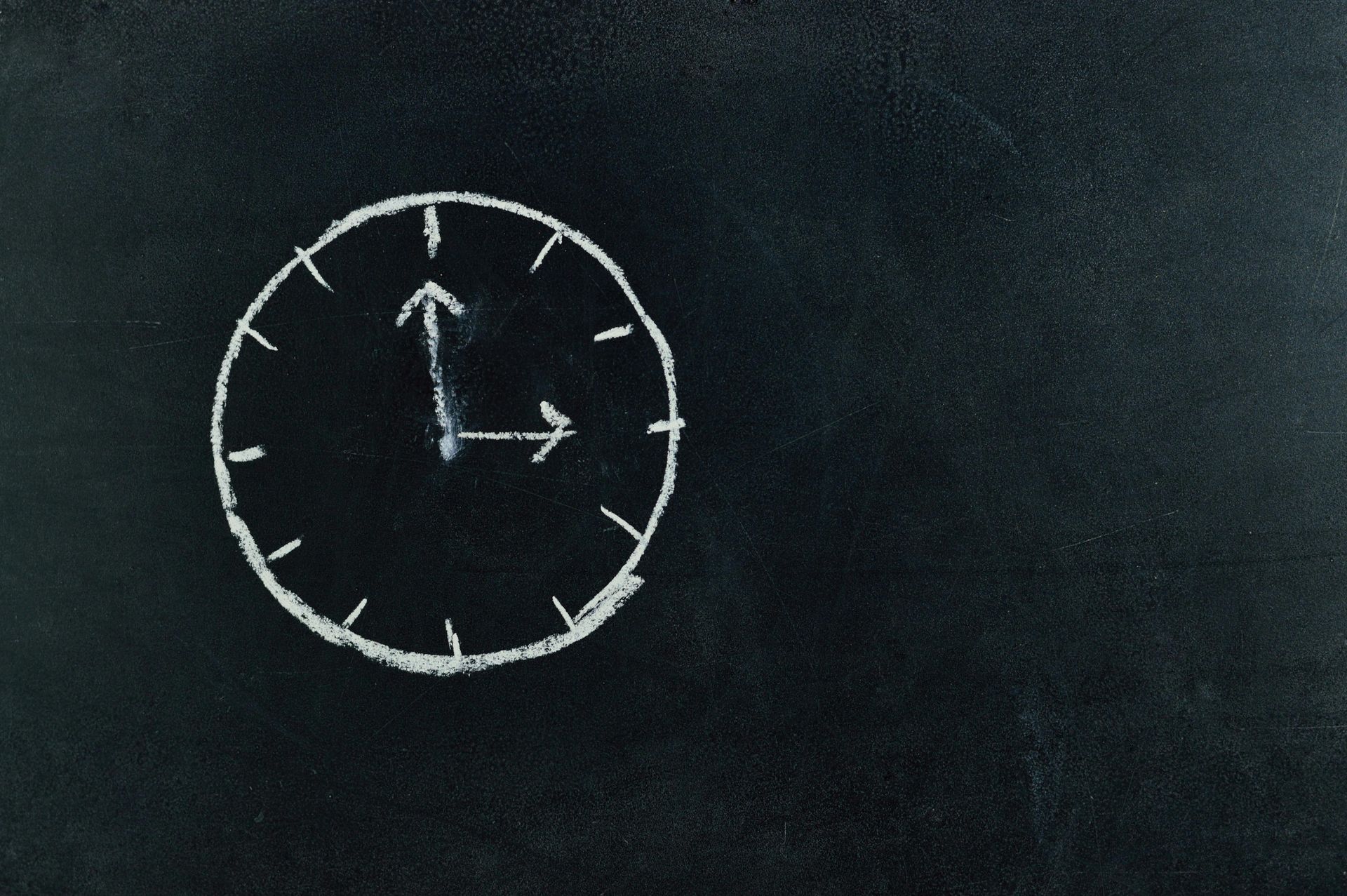In today's digital age, do-it-yourself (DIY) solutions are just a click away for almost any task, from home improvements to financial planning. The allure of saving time and money makes DIY estate planning seem like an attractive option. However, when it comes to securing your legacy and protecting your loved ones, taking shortcuts can lead to unintended and costly consequences. In this blog post, we'll explore the pitfalls of DIY estate planning in California and why professional guidance is essential.
1. The High Cost of Probate
One of the most significant concerns in estate planning is avoiding the probate process—a court-supervised procedure that can be time-consuming and expensive for your heirs. DIY estate plans often fail to properly implement strategies to minimize or avoid probate, potentially leaving your loved ones to navigate this complex process unnecessarily.
2. Risk of Invalid or Incomplete Documents Under California Law
Another significant risk of DIY estate planning is the potential for creating documents that don't comply with California's stringent legal requirements. Wills, trusts, and other estate planning documents must meet specific criteria to be considered valid. For instance, a formal will must be signed in the presence of at least two witnesses who are present at the same time. Failure to meet these requirements can render your documents invalid, leaving your estate subject to California's default intestacy laws.
3. Failure to Address California's Community Property Laws
California's community property laws dictate that assets acquired during marriage are owned jointly by both spouses. Assets acquired before marriage, received as gifts, or inherited remain separate property. Without proper legal guidance, you might overlook how these laws affect the distribution of your assets. DIY estate planners often struggle to properly characterize and document which assets fall into each category and plan accordingly.
4. Unintended Tax Consequences for Heirs and Beneficiaries
Taxes can significantly reduce the value of the inheritance you leave behind. DIY estate planning tools may not provide adequate guidance on tax minimization strategies, such as setting up certain types of trusts or making lifetime gifts. Without these strategies, your heirs could face substantial estate and income taxes that could have been avoided with proper planning.
5. Lack of Customization for Unique Family Situations
Generic templates and online forms rarely account for the complexities of modern family dynamics. Blended families, special needs dependents, and non-traditional relationships require personalized estate planning solutions. A one-size-fits-all approach may lead to unintended exclusions or disputes among beneficiaries, undermining your intentions and potentially harming family relationships.
6. Increased Likelihood of Family Disputes and Litigation
Ambiguities or errors in DIY estate planning documents can open the door to conflicts among your heirs. If your will or trust is unclear or contradicts other documents, it may be contested in court. Litigation not only depletes the estate's assets through legal fees but also creates emotional stress and potential rifts among family members.
7. Failure to Create a Cohesive Estate Plan; Importance of Funding the Trust
A common oversight in DIY estate planning is the lack of a cohesive strategy that aligns all your assets and documents. This includes ensuring that deeds, titles to accounts, and beneficiary designations are consistent with your overall estate plan. Inconsistencies can lead to assets being distributed contrary to your wishes. For example, if your will or trust leaves a bank account to one person but the account's beneficiary designation names someone else, the beneficiary designation will typically take precedence, causing confusion and potential disputes. See our previous blog about the importance of properly funding your trust.
8. Missing Out on Advanced Estate Planning Tools and Strategies
Professional estate planners can offer sophisticated tools and strategies that are often overlooked in DIY plans. These may include setting up revocable living trusts to avoid probate, establishing irrevocable trusts for asset protection, or utilizing charitable trusts for philanthropic goals and tax benefits. Without expert advice, you may miss opportunities to enhance the effectiveness of your estate plan.
9. Inability to Adapt to Legal Changes Without Professional Guidance
Trust and estate laws are complex and frequently change at both the federal and state levels. DIY estate plans lack the benefit of ongoing legal counsel to keep your documents current. Without periodic reviews by a professional, your estate plan may become outdated, leading to unintended consequences when it's time to administer your estate plan upon your passing.
10. Overlooking Long-Term Care and Incapacity Planning
Estate planning isn't just about distributing assets after death; it's also about preparing for potential incapacity. DIY solutions often neglect crucial documents like durable powers of attorney and advance healthcare directives. Without these, your family may face legal hurdles in managing your affairs or making medical decisions on your behalf if you become incapacitated.
Conclusion
While the DIY approach may seem convenient and cost-effective, the risks associated with self-directed estate planning far outweigh the perceived benefits. The complexities of California law, coupled with the potential for significant financial and emotional costs, make professional estate planning an indispensable investment. An experienced attorney can help you create a cohesive, comprehensive plan that reflects your unique circumstances and ensures your wishes are honored.
Take the Next Step
Protect your legacy and provide peace of mind for you and your loved ones. Contact Pederson Law Offices today to schedule a consultation. Let's work together to create a customized estate plan that best suits you and your loved ones.
Please note: This blog post is for informational purposes only and does not constitute legal advice or create an attorney-client relationship. Consult with a qualified attorney at Pederson Law Offices for advice on your specific circumstances.




